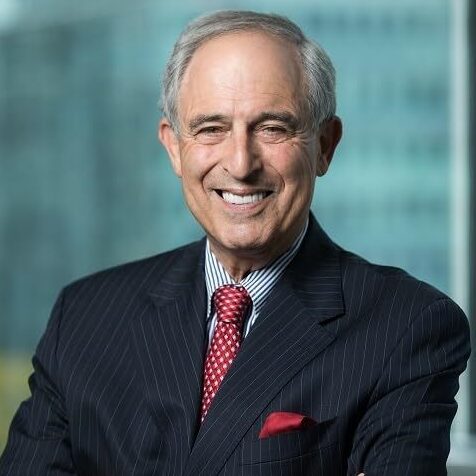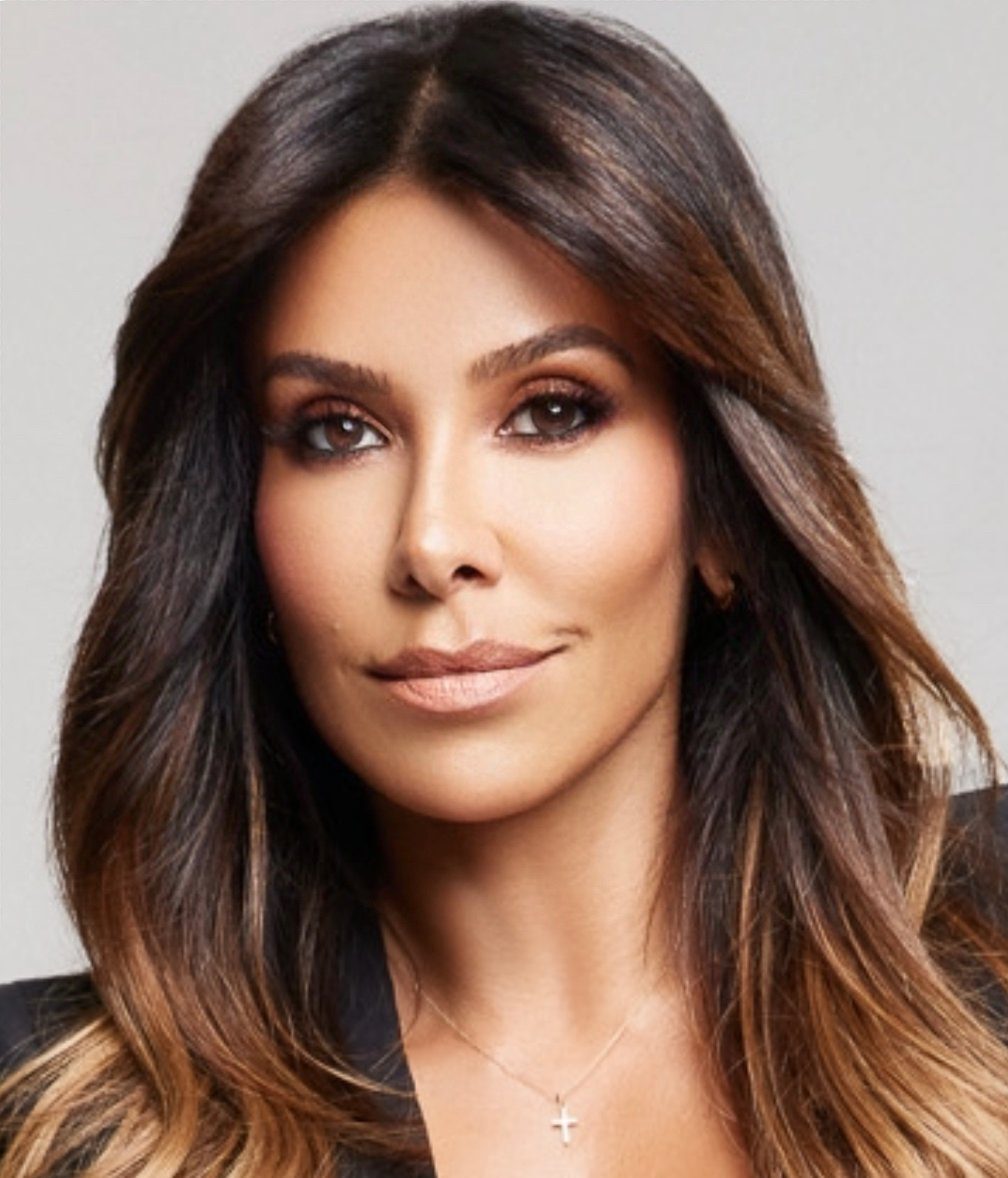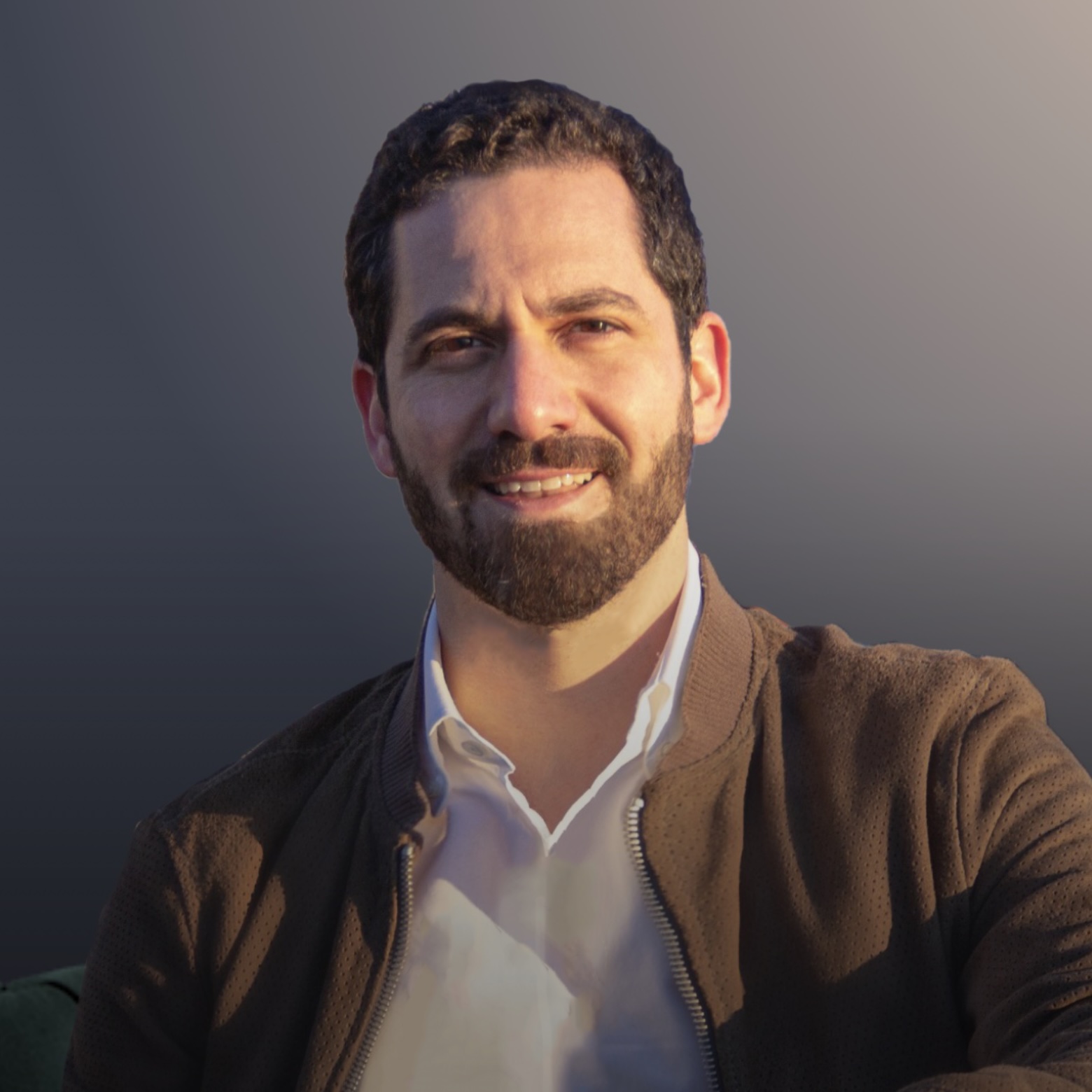- Debates
Features
Topics
Upcoming debates
-
-
-
With Donald Trump back in the White House, the First Amendment is under pressure, and his efforts are up for interpretation. In just six months, his administration has moved aggressively: threatening state and university funding, restricting press access, defunding public media, including NPR and PBS, and targeting campus speech. Across the country, schools face mounting demands to dismantle DEI programs. In a recent escalation, Harvard’s $100 million in federal contracts, $2.6 billion in research grants, and international student enrollment are in jeopardy after allegations of antisemitism. Some say that some of his actions can be viewed as a break from political correctness and a restoration of viewpoint diversity. Critics warn it’s a dubious crackdown, with the government punishing institutions and voices that don’t align with its agenda. As the line between free expression and political enforcement blurs, Open to Debate, in partnership with the Cascades PBS Ideas Festival, discusses the evolving concept of free speech under a second Trump presidency in a debate-y conversation. This debate was recorded on May 31, 2025 at the Cascades PBS Ideas Festival in Seattle, Washington.Friday, June 13, 2025
-
- Insights
- About
-

SUPPORT OPEN-MINDED DEBATE
Help us bring debate to communities and classrooms across the nation.
Donate
- Header Bottom




















JOIN THE CONVERSATION